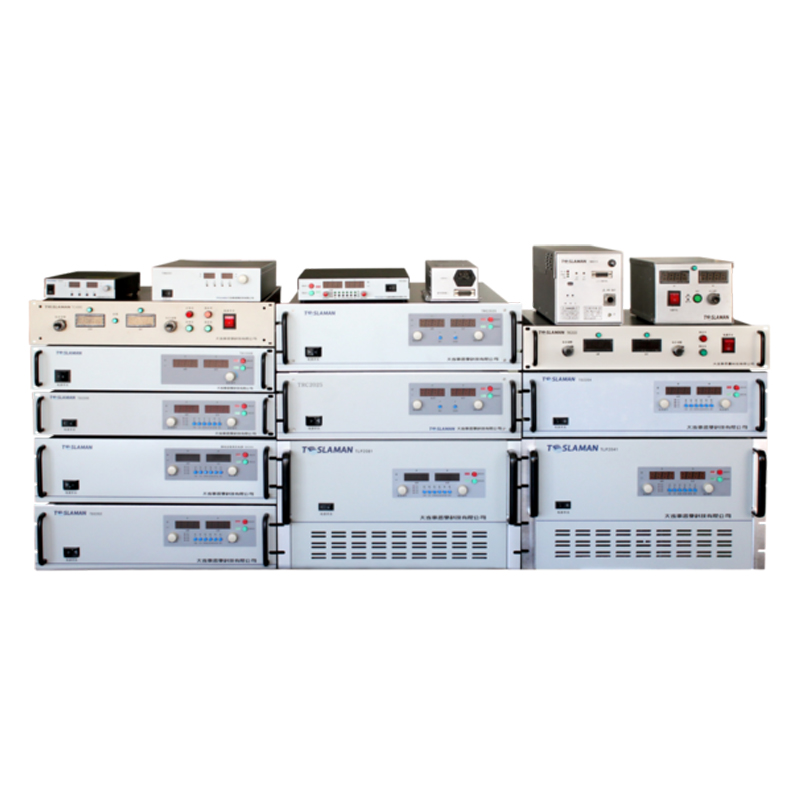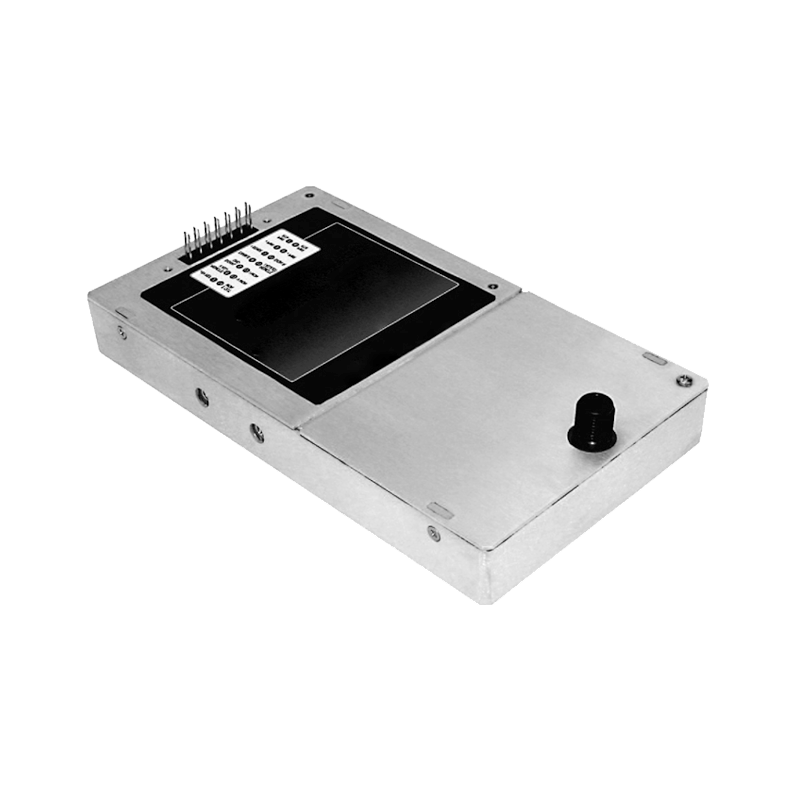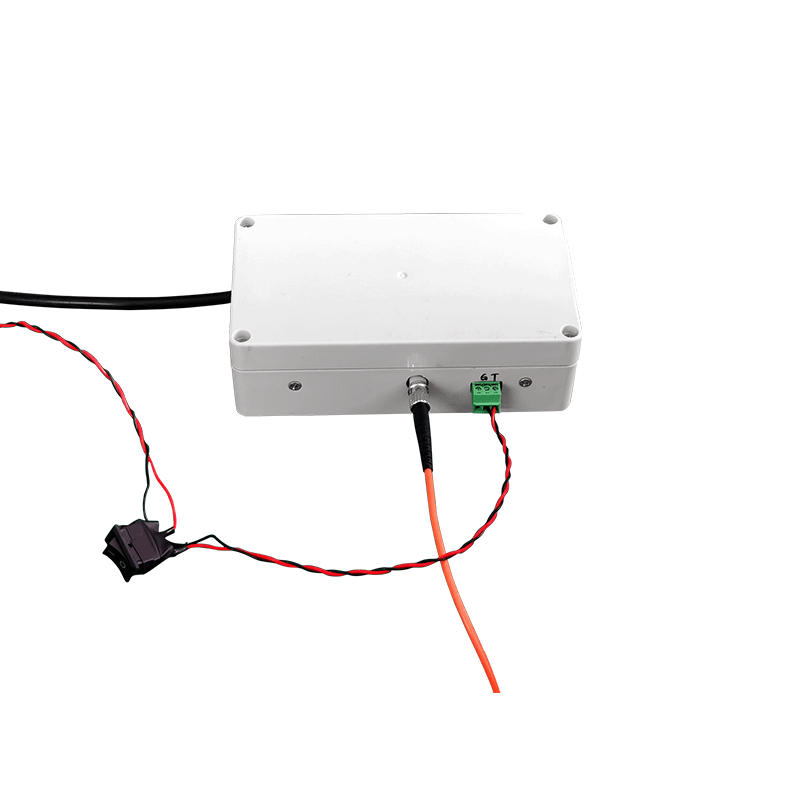Intelligent Control and Adaptive Optimization of High-Voltage Power Supply in Electrostatic Charged Technology
With the rapid development of modern industry, the requirements for production efficiency and quality are getting higher and higher. Electrostatic charged technology has been widely applied in many fields such as material processing, air purification, and filtration separation, and the high-voltage power supply is a crucial component of this technology. In this article, we will discuss the intelligent control and adaptive optimization of high-voltage power supply in electrostatic charged technology.
## 1. Introduction to Electrostatic Charged Technology and High-Voltage Power Supply
Electrostatic charged technology utilizes electric fields to treat materials, giving them permanent static charges. It has advantages such as high efficiency, low carbon, and environmental protection. The high-voltage power supply, as a crucial component of the electrostatic charged technology, is responsible for providing stable and reliable high-voltage direct current for the electrostatic charged system.
## 2. Importance of Intelligent Control and Adaptive Optimization
In actual electrostatic charged systems, due to various interfering factors, problems such as fluctuations in the output of the high-voltage power supply and load changes occur, which in turn affect the electrostatic charged effect. The adoption of intelligent control strategies and adaptive optimization algorithms can realize adaptive regulation of the high-voltage power supply and improve the stability of the system and its ability to adapt to different working conditions.
## 3. Intelligent Control Strategies
Intelligent control strategies mainly include the following aspects:
1. Feedback control: By monitoring the output voltage, current, and other parameters of the high-voltage power supply in real-time and combining them with the set target values, the operating state of the high-voltage power supply is calculated and adjusted to achieve closed-loop control.
2. Artificial intelligence algorithms: Introducing advanced control algorithms such as fuzzy control and neural networks to intelligently control the high-voltage power supply, adapting to complex and changing working environments.
3. Predictive control: Based on historical and real-time data, using methods such as time series analysis and machine learning to predict the future output characteristics of the high-voltage power supply, providing early warning and adjustment.
## 4. Adaptive Optimization Algorithms
Adaptive optimization algorithms mainly include the following aspects:
1. Adaptive adjustment: Automatically adjust the operating parameters of the high-voltage power supply according to the system's working state, achieving steady and optimized output voltage and current.
2. Load adaptation: Intelligently adjust the output characteristics according to load changes, ensuring stable charging under various working conditions.
3. Energy efficiency optimization: Automatically optimize the operating efficiency of the high-voltage power supply based on the system's operating state and needs, achieving energy saving and consumption reduction.
## 5. Conclusion
The application of intelligent control and adaptive optimization strategies to high-voltage power supplies enables electrostatic charged technology to operate more stably and efficiently, improving productivity and quality, and adapting to complex and changing working environments. In the future, further research and development of intelligent control and adaptive optimization of high-voltage power supplies and electrostatic charged technology are needed to contribute to the sustainable development of modern industry.




















